Irvin Dawid discovered Planetizen when a classmate in an urban planning lab at San Jose State University shared it with him in 2003. When he left San Jose State that year, he took with him an interest in Planetizen, if not the master's degree in urban & regional planning.
As a long-time environmental activist, he formed the Sustainable Land Use committee for his local Sierra Club chapter and served six years on the Bay Area Air Quality Management District’s Advisory Council from 2002-2008. He maintains his interest in air quality by representing Sierra Club California on the Clean Air Dialogue, a working group of the Calif. Environmental Dialog representing business, regulatory and public health/environmental interests.
Major interests include transportation funding, e.g., gas taxes, vehicle miles traveled (VMT) fees, road tolls and energy subsidies that lead to unlevel playing fields for more sustainable choices.
He hails from Queens (Bayside) and Long Island (Great Neck); received an AAS in Fisheries & Wildlife Technology from SUNY Cobleskill and a B.S. from what is now Excelsior College.
After residing for three years on California’s North Coast, he’s lived on the San Francisco Peninsula since 1983, including 24 years in Palo Alto. Home is now near downtown Burlingame, a short bike-ride to the Caltrain station.
He’s been car-free since driving his 1972 Dodge Tradesman maxi-van, his means to exit Long Island in 1979, to the junkyard in 1988.
Major forms of transportation: A 1991 'citybike' and monthly Caltrain pass, zone 2-2. "It's no LIRR, but it may be the most bike friendly train in America."
Irvin can be reached at [email protected]
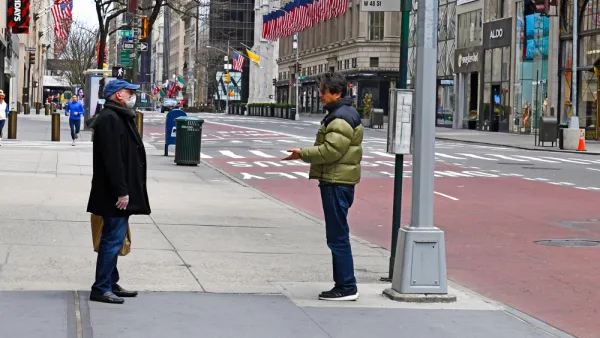
New Density Control Measure to Close Some New York Streets to Cars
To encourage recreational walking while practicing social distancing in order to reduce the spread of COVID-19, Gov. Andrew Cuomo asked the New York City mayor and city council speaker to devise a pilot project to provide for open streets.
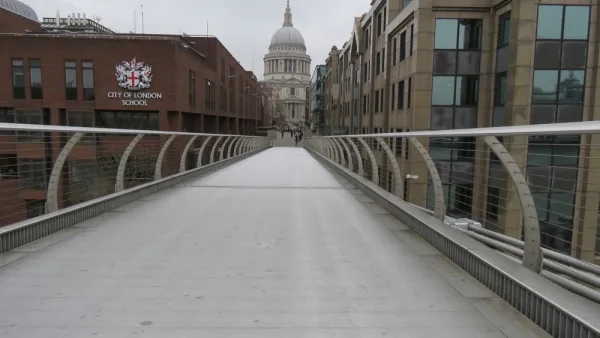
Britain Shuts Down and India Locks Down to Contain COVID-19
In a major reversal, Prime Minister Boris Johnson dramatically strengthened his policies on containing the pandemic, ordering residents on Monday to stay at home and closing nonessential businesses. Prime Minister Narendra Modi of Inda went further.
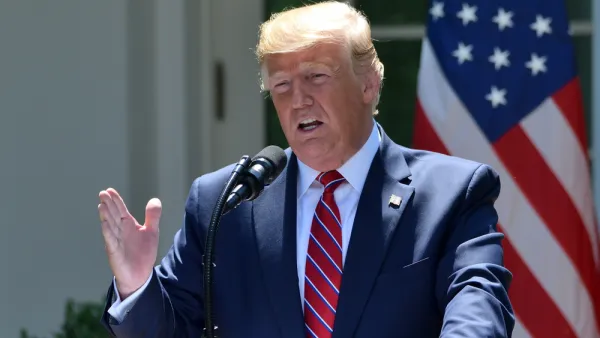
White House Could End 'Slow the Spread' Coronavirus Guidelines
President Trump signaled that he was considering lifting the public health guidelines at the end of the 15-day period on March 30 due to the severe economic impacts caused by containment strategies despite mounting deaths caused by the pandemic.
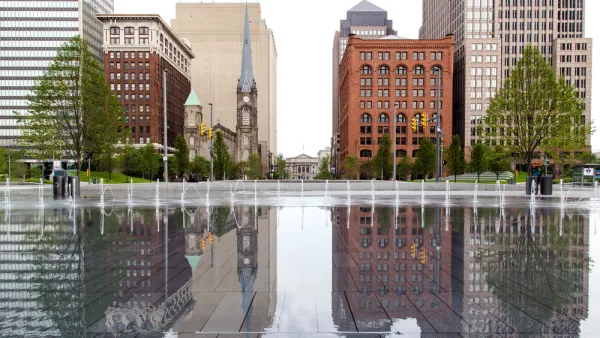
Delaware, Louisiana, and Ohio Prepare to Shut Down Non-Essential Businesses
As confirmed cases of COVID-19 increase rapidly throughout the nation, governors of Delaware, Louisiana, and Ohio on Sunday issued stay-at-home orders that take effect Monday night or Tuesday to protect residents and hospitals.
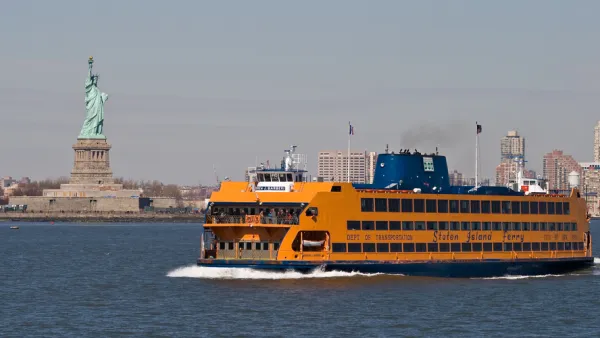
New York and Illinois Follow in California's Footsteps by Declaring Shutdowns
Governors of three of the nation's largest states, containing the three largest cities, have issued emergency orders to slow the spread of COVID-19.

























